An emotionally charged case involving a British father, an Australian mother, and their three young children removed from their woodland home in Italy’s Abruzzo region has triggered a firestorm in Europe and beyond.
The incident has become one of Italy’s most widely discussed child welfare cases in recent years, prompting interventions from senior politicians and multiple petitions demanding the reunification of the family.
What we know about the family in rural Abruzzo
In 2021, British former chef Nathan Trevallion, 51, and his wife Catherine Birmingham, 45, an Australian life coach and former equestrian trainer, purchased a modest rural property in the wooded hills near Palmoli in the Abruzzo, east of Rome.
The couple said they had found what they believed was a long-term sanctuary where they could raise their three children in a simple, nature-centred environment.
The property included a small, rustic farmhouse — described in legal documents as a “dilapidated ruin” — alongside a caravan.
According to accounts from their lawyer and friends, the family relied on solar panels for electricity, fireplaces for heating, and a well for fresh water. There was no indoor bathroom; instead, the family used an outdoor composting toilet built on their land.
Much of their food was grown on-site, with the parents maintaining vegetable patches and seeking to teach their children to live independently of urban conveniences.
Horses, donkeys, chickens, and woodland wildlife featured heavily in Birmingham’s online content, which portrayed a lifestyle built around holistic living, natural rhythms, and minimal waste.
The children — an eight-year-old daughter and six-year-old twin boys — did not attend formal school.
The parents homeschooled them and raised them largely away from mainstream social environments. While this lifestyle appealed to many who followed their journey online, it began attracting scrutiny after a medically serious incident in 2024.
Hospitalisation after mushroom poisoning
The turning point came when all five family members were admitted to hospital after eating poisonous mushrooms found in the surrounding forest.
Authorities have not suggested the poisoning was intentional or punitive; rather, it appears to have been an accident associated with foraging in an unfamiliar environment.
However, the severity of the incident prompted welfare agencies and local law enforcement to conduct follow-up inspections.
Officials later documented their concerns, noting the absence of formal schooling, modern sanitation, consistent medical oversight, and what they saw as near-total isolation from peers.
The family lawyer acknowledged that after the poisoning, social service workers and police visited repeatedly, offering guidance and recommending behavioural changes.
But officials say that the parents did not implement those suggestions, especially regarding regular medical check-ups and school attendance.
What the court ruling said
A juvenile court in L’Aquila eventually issued a formal directive stating that the children’s welfare was compromised by their living environment. The ruling stated concerns ranging from infrastructure to social integration and educational access.
Key parts of the order stated, “The family unit lives in housing hardship as the building has not been declared habitable… The members of the Trevallion family have no social interaction, no fixed income, the home has no toilet facilities, and the children do not attend school.”
Authorities asserted that the conditions represented “serious and harmful” risks to the children’s wellbeing and could undermine both their physical and psychological development.
Separately, prosecutors noted that the family was “living in a dilapidated ruin,” divided between the main structure and a small caravan. The lack of running water and reliance on a wooden outhouse were highlighted as indicators of inadequate living standards for minors.
The order also addressed online activity: Birmingham’s website reportedly displayed extensive imagery of the children. The court saw this as a privacy issue and suggested that the photos were posted to portray normality once the investigation began.
How the children were removed from the property
On the day the order was executed, multiple Carabinieri officers arrived at the property to take the children from their woodland home. They were transported to a church-operated accommodation facility in Vasto, located on the Adriatic coast.
Initially, the mother was permitted to travel with them — something that, according to their lawyer, required negotiation with social workers to minimise emotional trauma. However, once inside the shelter she was separated from the children, and the restrictions on parental contact became clearer.
Birmingham later told The Telegraph from inside the facility, “We’ve been imprisoned for a crime we never did… I have had my parental rights stripped from me.”
She added that despite being housed in the same building, she was not allowed to remain with the children. “I am not allowed to see my kids, they are downstairs. I was told I cannot stay with them.”
Her husband, meanwhile, was not permitted to enter the shelter at all. Speaking to media outlets, he described his distress, “It was the worst night of my life… Taking children away from a parent is the greatest pain there is… It’s an injustice.”
He also told one newspaper, “This is a great injustice… They have violated our rights.”
The parents insist their children were healthy, well-cared for, and thriving in a calm rural environment. Trevallion argued earlier, “They are happy, smell good, well-mannered, and well-fed; why break this bond?”
What investigators found at the property
Descriptions in the court documents and prosecutor statements give a picture of the family home and daily life:
The farmhouse reportedly cost €20,000 ($23,000) and included basic terracotta-tiled rooms.
A caravan was parked alongside to expand living space.
The bathroom consisted of a wooden outhouse.
No running water was present; the family relied entirely on a well.
The children swam in nearby streams during warmer months.
Electricity came from solar panels.
The children rarely interacted with peers or local schools.
The property was surrounded by woodland with limited access.
What is the family’s defence
The couple’s lawyer, Giovanni Angelucci, has firmly rejected allegations that the children were in danger. He insists that the family simply chose a non-traditional lifestyle that prioritised environmental awareness, natural living, and independence from modern systems.
Angelucci says the family used solar power for lighting and charging devices and intentionally avoided running water due to concerns about microplastics and utility costs.
The composting toilet, he notes, is widely used in sustainable communities globally.
He said the family would appeal the decision, expecting the appeal process to unfold over the coming days.
Additional support came from Marika Bolognese, the court-appointed children’s advocate, who had previously said that the parents were cooperative and that the children appeared to be doing well. She was unavailable for comment when the removal happened.
How Rome reacted
Prime Minister Giorgia Meloni reportedly intervened by contacting Italian Justice Minister Carlo Nordio, describing the situation as “alarming.”
Deputy Prime Minister Matteo Salvini has been one of the most vocal critics. During various public appearances, he accused the state of intruding into family life, stating that it was “shameful that the State is concerned with private education and the personal life choices of two parents who found Italy a hospitable country, yet it steals their children.”
In another comment, he said that “as a father, and as an Italian… I find it shameful that the state is concerned with the life choices of two parents who have found Italy a hospitable country.”
Salvini also compared the case to conditions in Roma communities, questioning why state institutions acted aggressively in this instance but not elsewhere.
What next
Public sentiment has been strong and divided, although online support for the family appears substantial. Multiple petitions began circulating after the ruling, with one campaign exceeding 30,000 signatures.
One widely shared petition reads, “Catherine and Nathan are not poor, they don’t live in precarious conditions, they have simply made a choice to live like this.”
Another major petition gathered more than 13,000 signatures within days, urging authorities to reverse the decision.
The case has also been highlighted by advocacy groups such as Pro Vita & Famiglia, whose spokesperson Jacopo Coghe argued, “The State and social services must intervene only in the presence of proven abuse, mistreatment, or neglect, not to punish lifestyles that do not fall within the dominant standard.”
Local leaders also weighed in.
Palmoli mayor Giuseppe Masciulli, noting he was a parent himself, told CNN, “I’m a father myself, so I was deeply shocked by the situation.”
He suggested that conditions could be resolved if the family met certain basic requirements, such as installing running water and coordinating with the school on the children’s academic development.
Also Watch:
With inputs from agencies


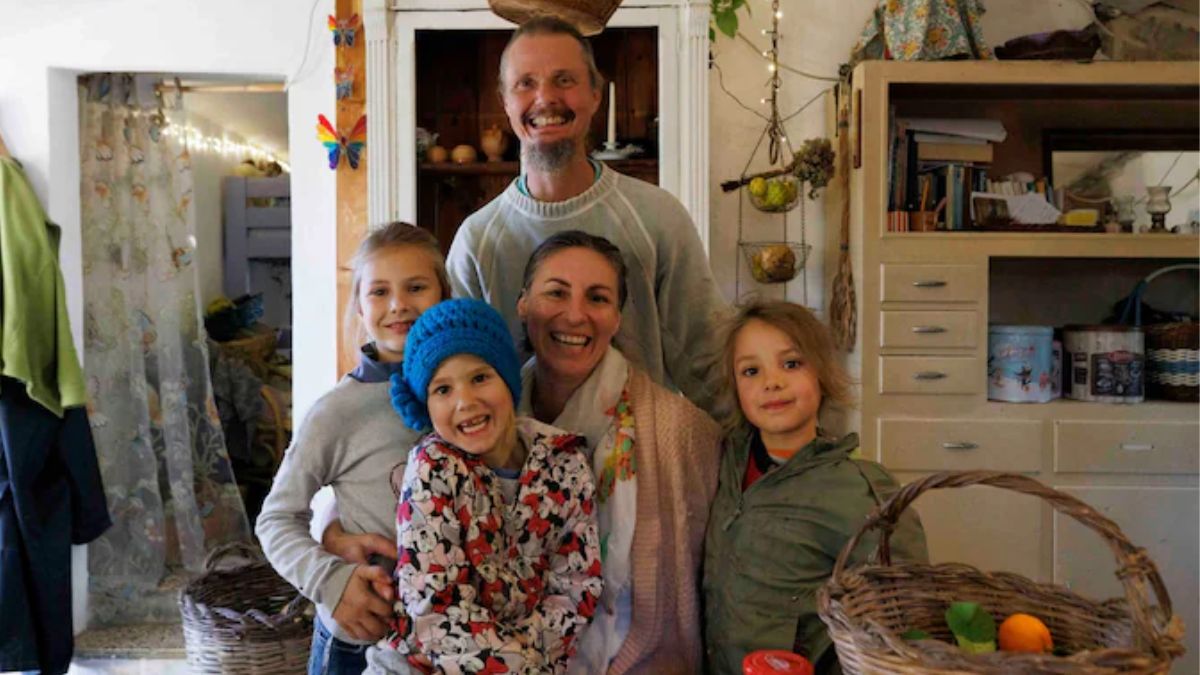)

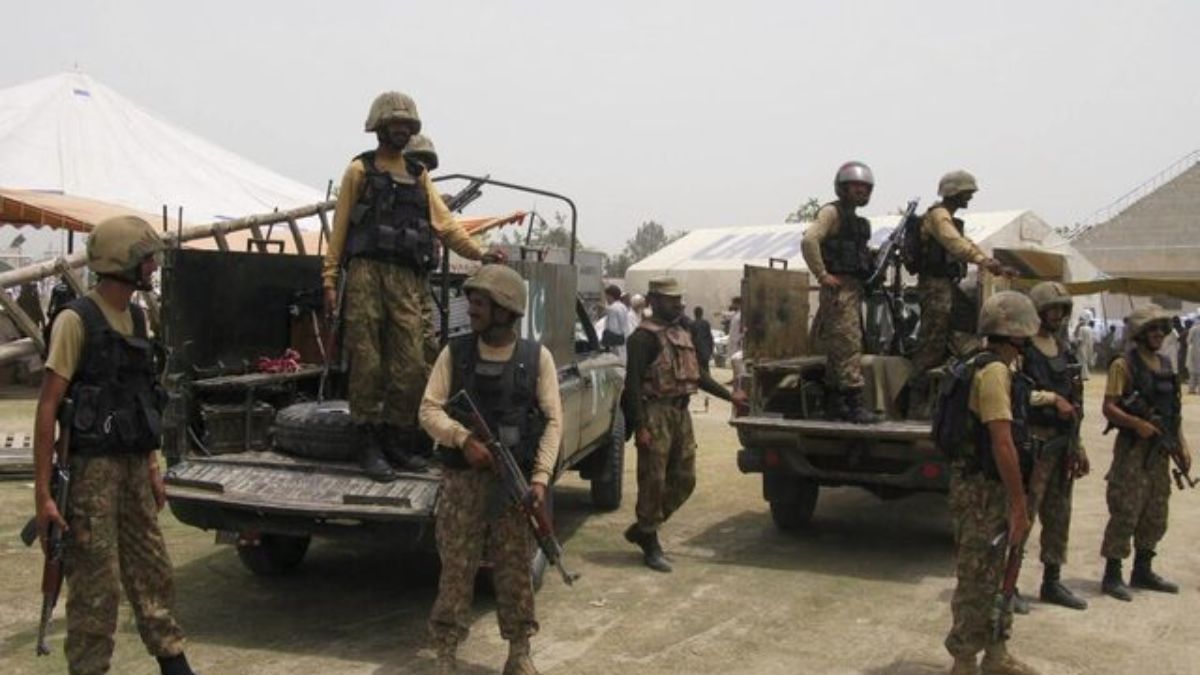)
)
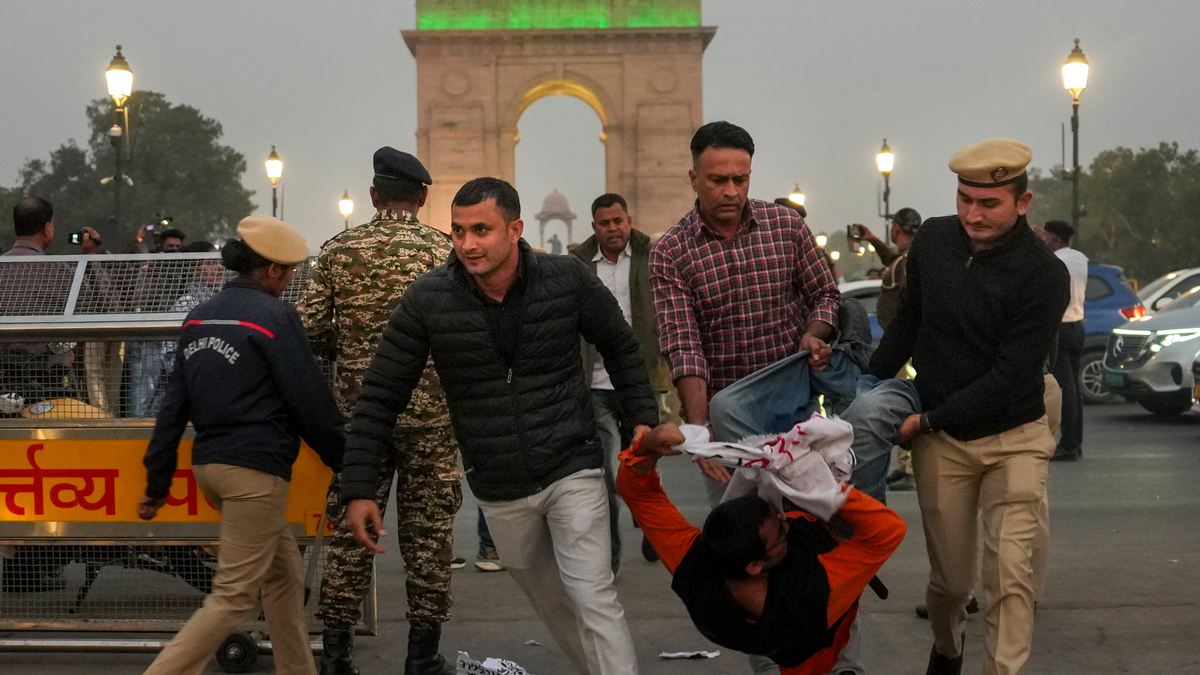)
)
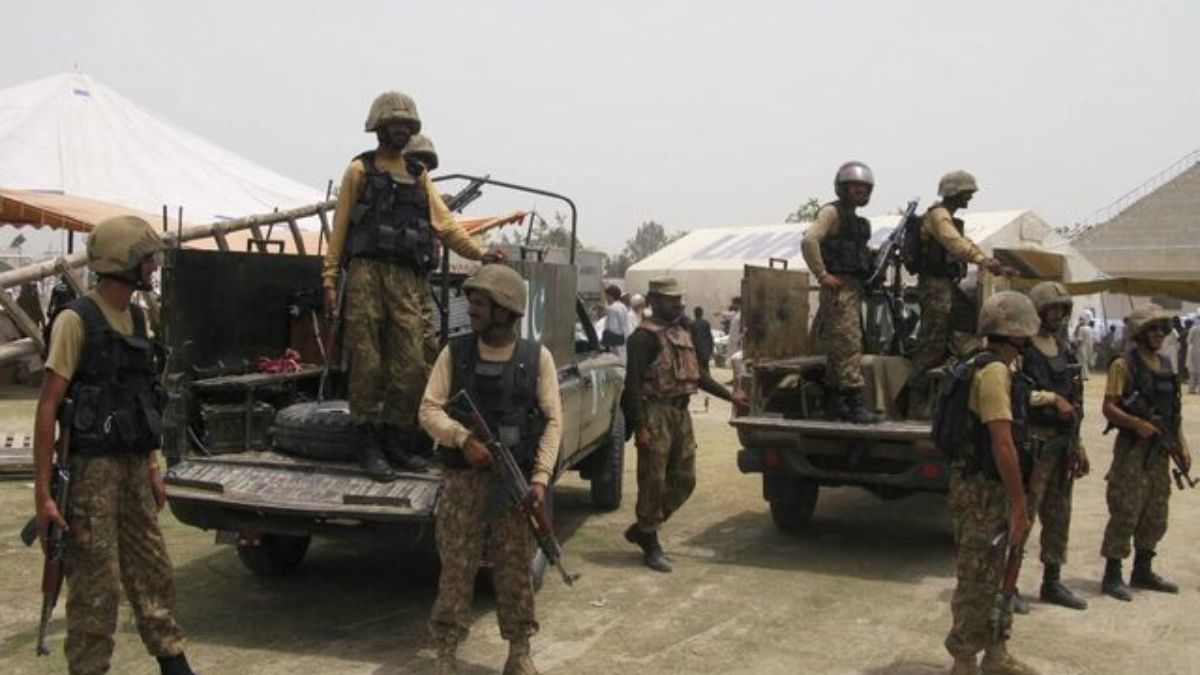)
)
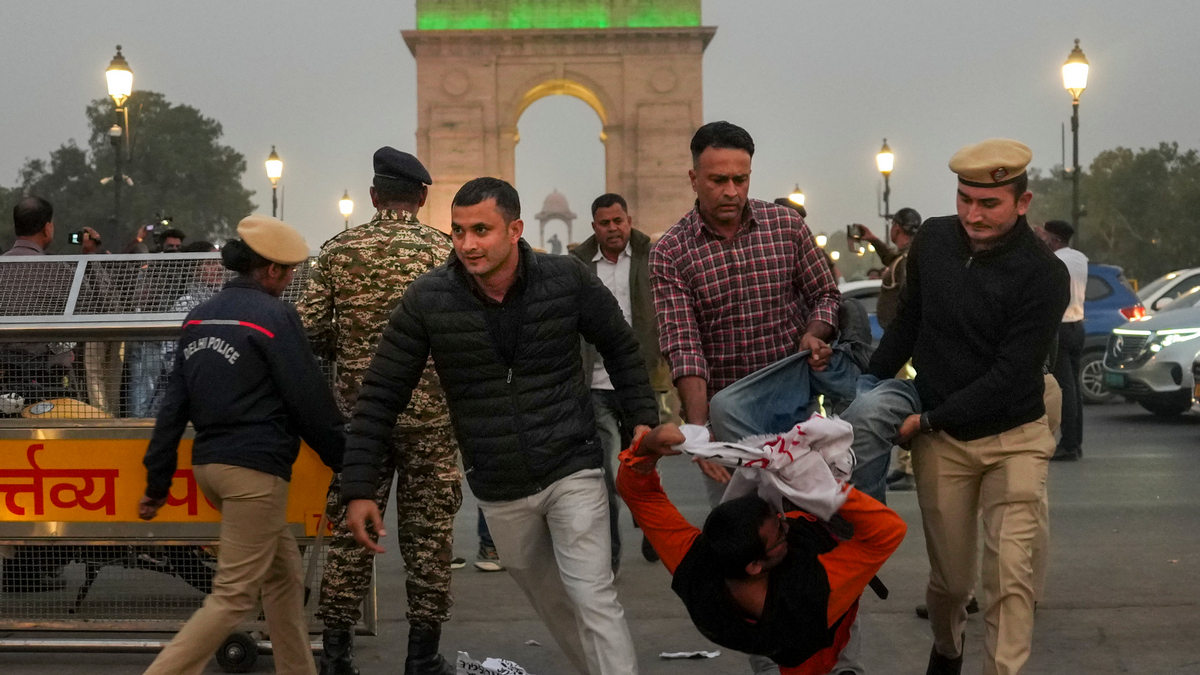)
)



